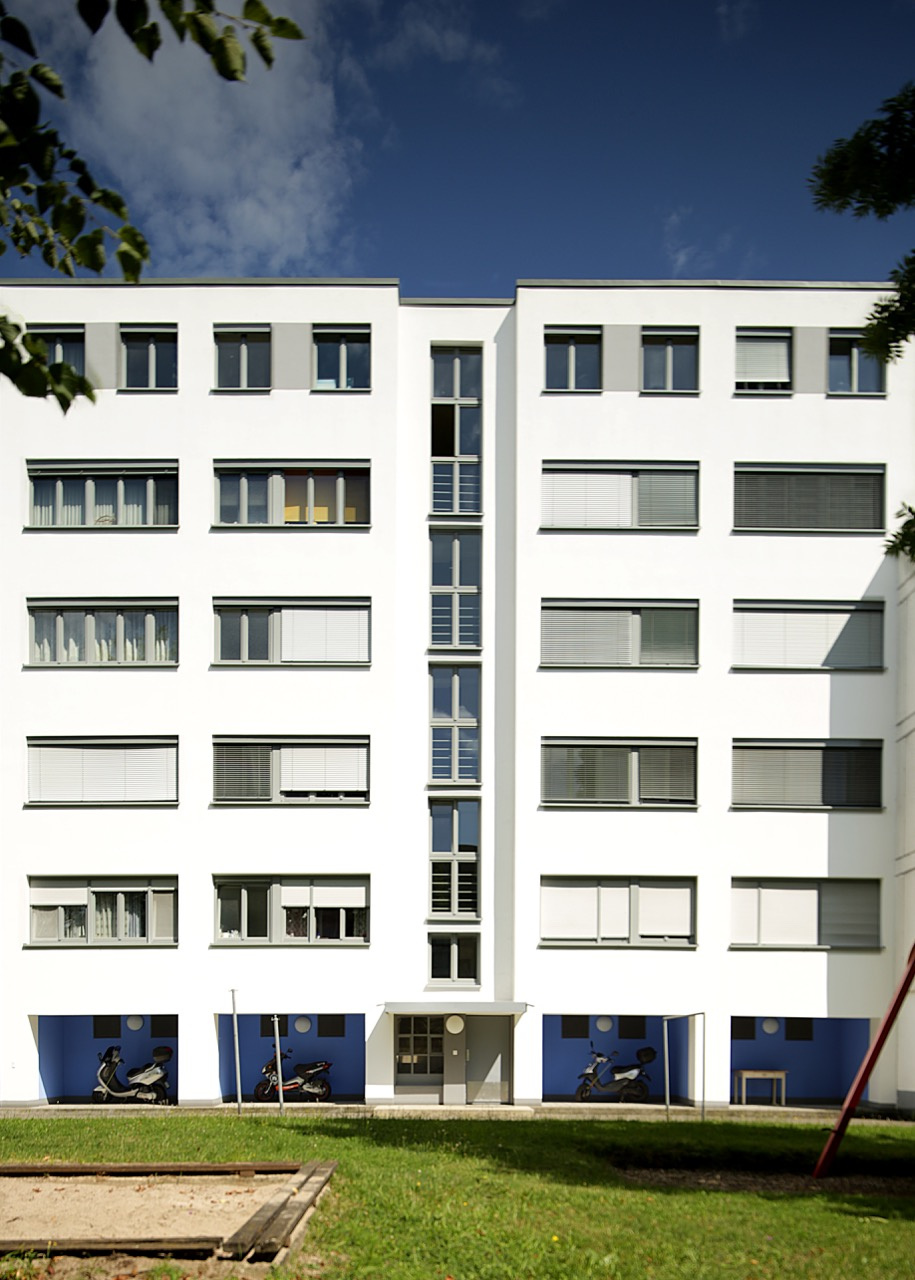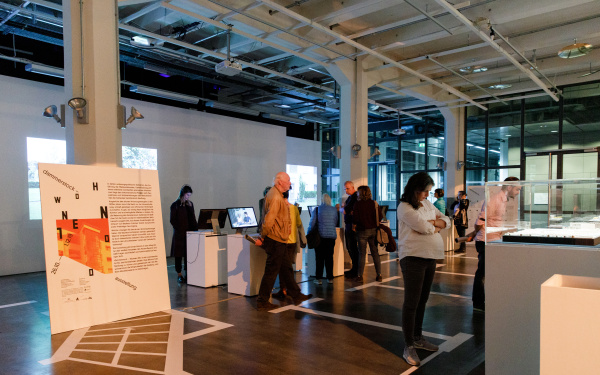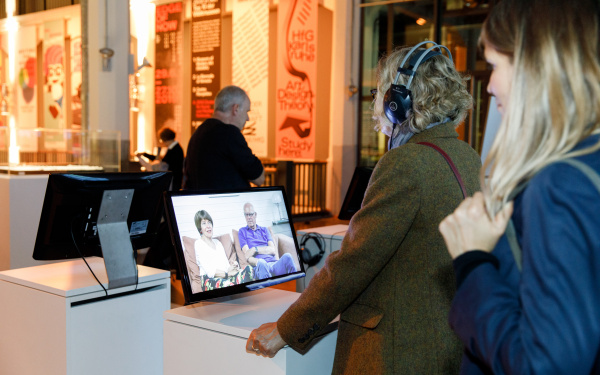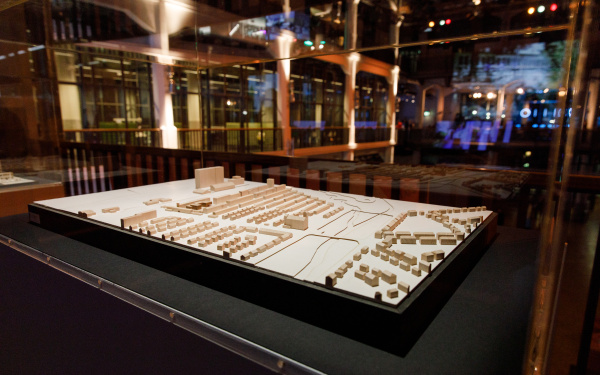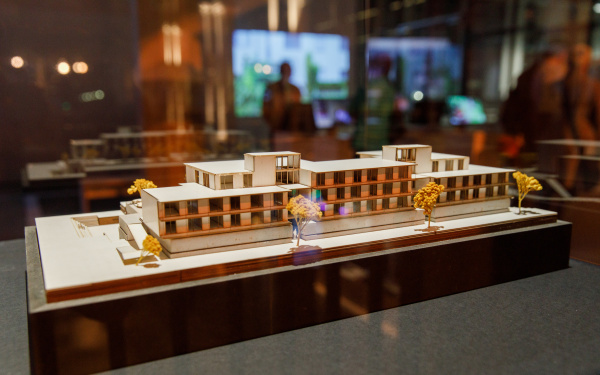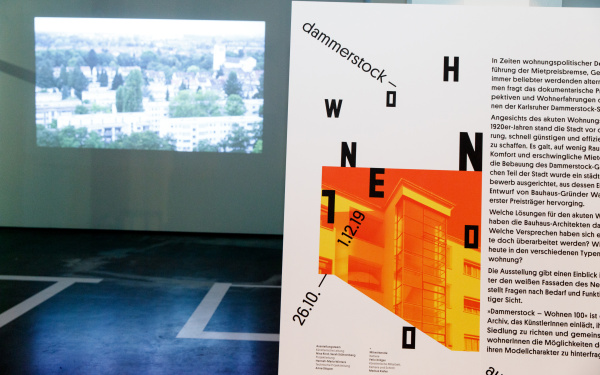- Exhibition
Dammerstock – Living 100
Sat, October 26 – Sun, December 01, 2019
- Location
- Museum Balcony
In times of political debates on housing policies, the introduction of the rent brake law, gentrification and increasingly popular alternative forms of living, the ZKM | Karlsruhe presents perspectives and living experiences of the inhabitants of the Bauhaus housing estate with the project »Dammerstock – Living 100«.
The exhibition provides an insight into the everyday and private life behind the white facades of the Bauhaus housing estate in Karlsruhe and asks questions about the needs and functionality from today's perspective.
After the turn of the century, Karlsruhe's population had grown rapidly. Given the acute housing shortage in the 1920s, the city had to deal with the challenge of quickly creating affordable and efficient living space. The aim was to build a housing estate that offered as much comfort and affordable rents as possible while using a minimum of space. For the development of the Dammerstock site in the southern part of the city, an urban planning competition was organized and the design by Bauhaus founder Walter Gropius was the first award-winner. The opening of the housing estate in 1929 was accompanied by the exhibition »die gebrauchswohnung«, which was typographically designed by Kurt Schwitters and made 22 different types of apartment accessible to the public. The new housing units were intended to significantly improve the residents’quality of life through functionality.
Which solutions for the acute housing shortage did the Bauhaus architects find at that time? Which promises were fulfilled, what had to be modified? What is living like today in the different types of functional housing?
»Dammerstock – Living 100« is a growing archive that invites artists to direct their attention to the housing estate and, together with the residents, to question the possibilities of the Dammerstock and its exemplary character.
Exhibition Team
- Artistic director
- Artistic director
- Project management
Additional Contributors
Felix Dräger (Camera)
Markus Kiefer (artistic cooperation, camera, editing)
